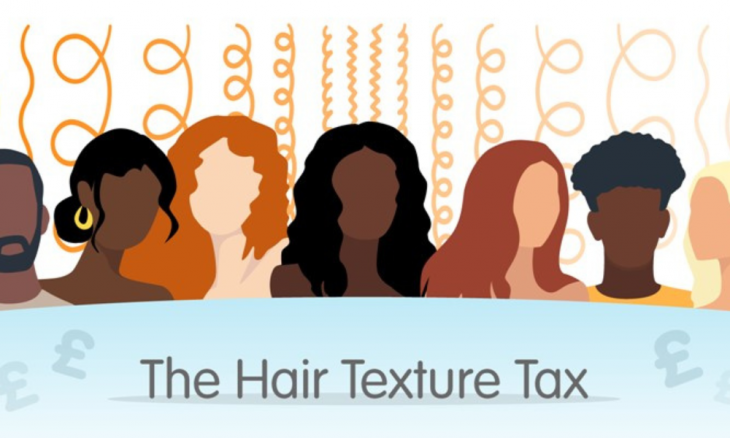20% of people with Afro hair have experienced discrimination in a salon vs 4% of people with straight hair
58% of Afro-textured individuals have felt let down by a salon service
A quarter have experienced undue pain and 15% have faced verbal micro-aggressions
One in five people with Afro hair have experienced discrimination in a salon, compared to one in 25 people with naturally straight hair, a study has found.
Ripe Hair & Beauty Insurance surveyed 2,113 UK residents from a range of ethnic backgrounds on their past experiences with hair stylists and barbers.
It found that 20% of those with Type 4 (Afro) hair – which is typically considered the curl pattern of Black people – have faced discrimination when getting their hair done. Just 4% of those with straight (Type 1) hair said the same.
In addition, a quarter of people with a coily hair texture reported experiencing undue pain during a hair salon treatment, with 15% saying they had also faced micro-aggressions and unsolicited comments related to their hair type. Amongst those with Type 1 hair, just 10% and 11% reported the same, respectively.
People with Afro hair types were also more likely to feel let down by a hair service, with 58% saying this was the case vs. 44% of people with Type 1 hair. The most cited reason for this disappointment was that the stylist or barber didn’t know how to manage their hair type (32%).
Perhaps even more concerningly, amongst those respondents, 78% said the salon had explicitly advertised that it specialised in their hair type.
Consequently, nearly half (45%) of people with an Afro hair type acknowledged that they were left with long lasting disappointment following this experience, with 37% saying it had negatively affected their self-esteem in the long term.
And finally, when asked whether they trust that a hair stylist or barber can do their hair well, 81% of people with Afro hair agreed compared to 87% of individuals with straight hair.

